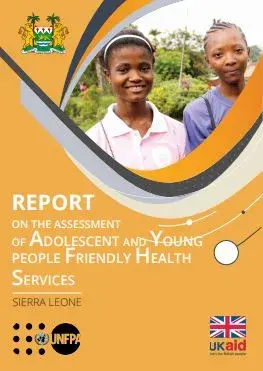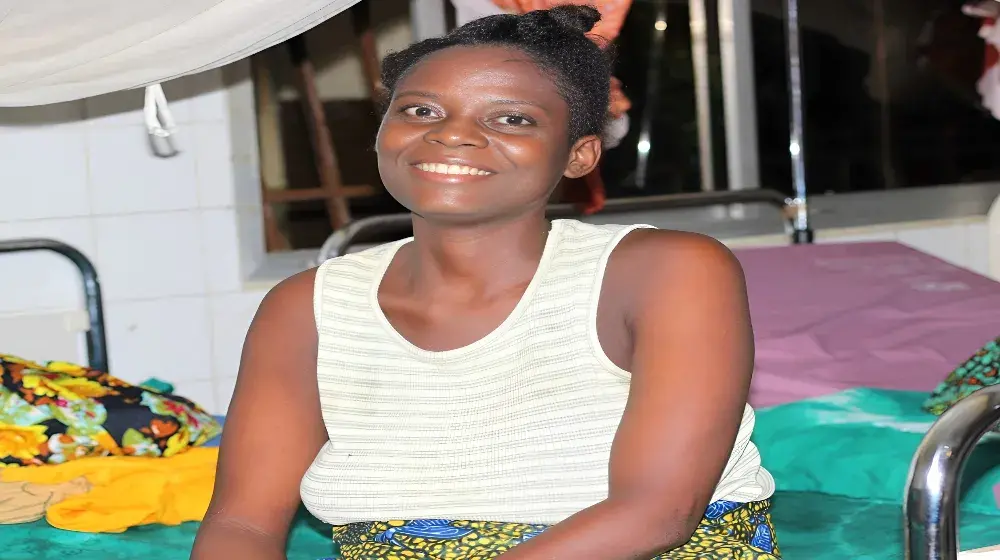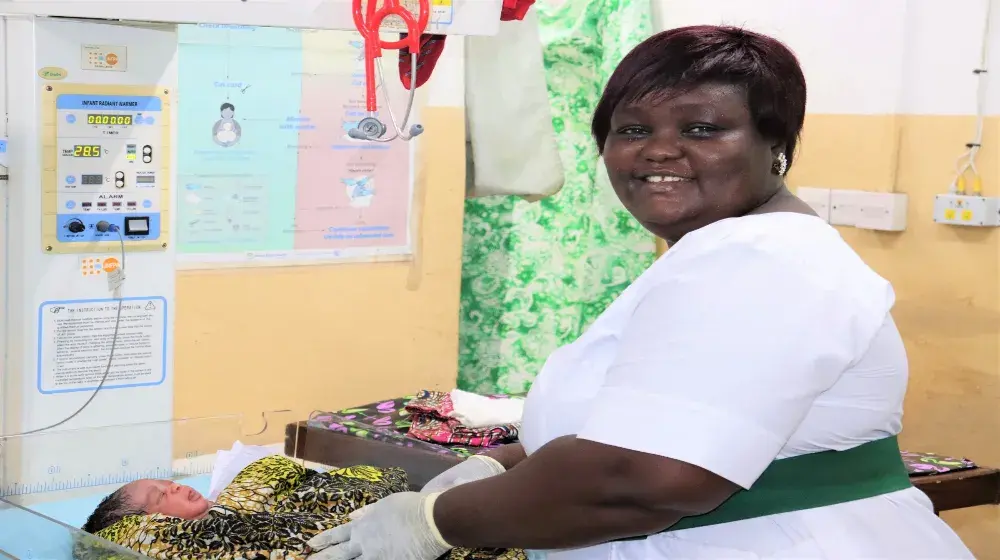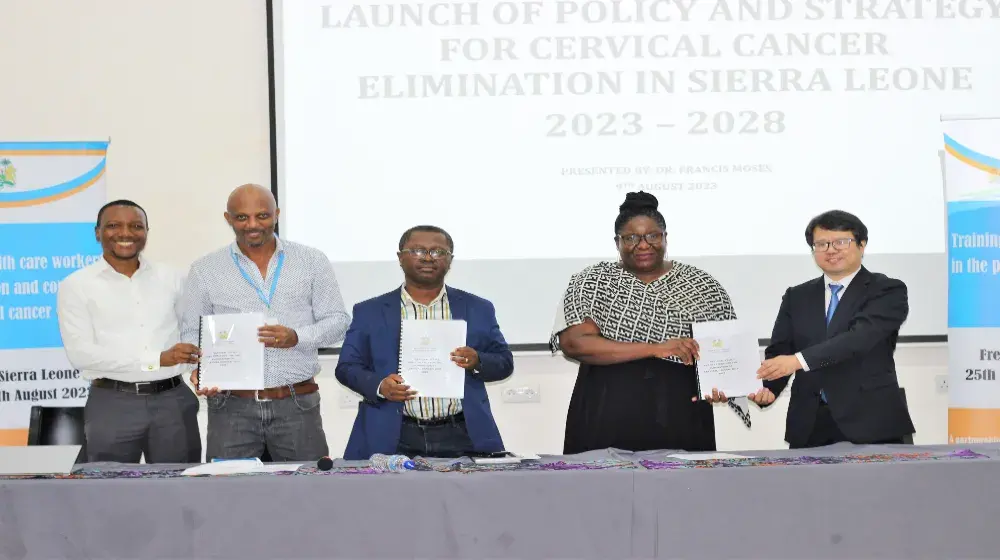For many young people around the world,the onset of adolescence brings new vulnerabilities as they transition into adulthood, particularly around sexual and reproductive health (SRH). SRH is important to the overall wellbeing of adolescents, particularly access to rights-based services and commodities such as family planning, and access to health providers regarding negotiations and decision-making within sexual relationships. These encounters contribute to gender equality, better child and maternal health, the prevention of sexually transmitted infections (STI) including HIV, and poverty reduction.
Yet, many young people face barriers to accessing reproductive health information and care. Even those able to find accurate information about their health and rights may be unable to access the services they need. Often, these barriers are unique to their stage in life and associated special needs, perceptions and abilities. Hence, a variety of issues must be addressed to make SRH services more youth friendly, attract young people, meet their needs and retain them for continuing care.
Working with partners, UNFPA supports the efficient delivery of a holistic, youth-friendly health care package of services for young people in Sierra Leone, including those who are marginalized or hard to reach. These include:
• Access to accurate SRH information;
• A range of safe and affordable contraceptive methods;
• Sensitive counselling;
• Quality obstetric and antenatal care for all pregnant women and girls;
• Prevention and management of STI, including HIV.
The purpose of this assessment was to determine the status of the structure, supplies, staffing and services in the provision of AYFHS in selected health care facilities in Sierra Leone. The resulting data will be used to work with both health care facility staff and external facilitators to help health facility teams improve the quality of care.





